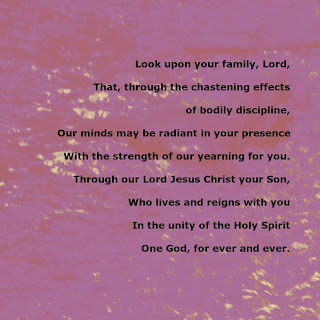The people of Judah and the citizens of Jerusalem said, "Come, let us contrive a plot against Jeremiah. It will not mean the loss of instruction from the priests, nor of counsel from the wise, nor of messages from the prophets. And so, let us destroy him by his own tongue; let us carefully note his every word."
The Founding Fathers of the United States, mostly deists, regarded Jesus as a great teacher, like Socrates, Plato, Aristotle, Siddhartha Buddha and Muhammad. That strain persists in American Christian religion. We are far less eager to recognize Jesus as a prophet who challenges our thinking, customs and institutions. With that mindset it is almost impossible to know him as the prophet whose suffering and death open the way of salvation.
Must the Teacher be crucified before we comprehend his teaching? The deists scoff at such an idea, "Why should that make any difference? If his teaching is reasonable it will persuade us!" Like the romantics who orchestrated the Terror of the French Revolution, their god was Reason.
Practicing Christians are also known to resist prophecy, especially through changing times. As each generation assumes its place, with its own experience, fears and hopes; with new ideas and new technologies, old assumptions crumble like old buildings. Antiquated institutions disintegrate because they have little appeal and make no sense to an emerging generation.
But the Prophetic Spirit of Jesus is "ever ancient, ever new." It renews the Church traditional message, leaders and institutions despite their best efforts to cling to old, familiar ways.
In my seventieth year, I see a future spirituality which will recognize the suffering prophet. It may appear in an age of persecution against Christians and Catholics. It will not suppose that "might makes right," or that success is God's will. It will celebrate the love which makes sacrifice and expects no thanks, which commits for a lifetime, whose ambition is nothing this world can understand. Tattoos will be permanently inked on the heart, not on the skin.
This traditional spirituality will remember that the Father has surrendered "all authority in heaven and on earth" to the One who might have summoned legions of angels; but, in fact, uttered no word in self-defense. Jesus will not appeal to consumers who want their religion without hardship. He will not be marketed as a triumphant warrior; he will be despised as a loser.
Let us go with him to Calvary.



 Lectionary: 26
Lectionary: 26




